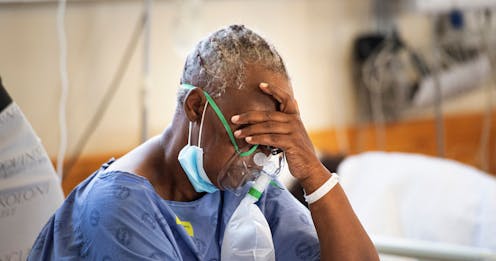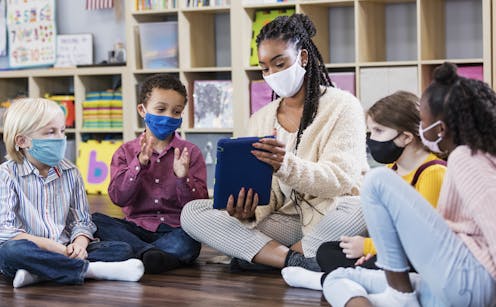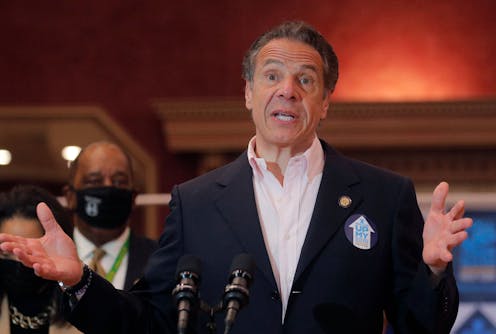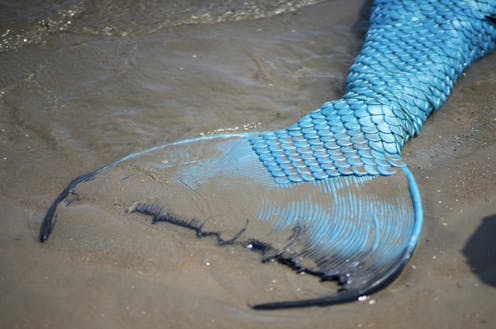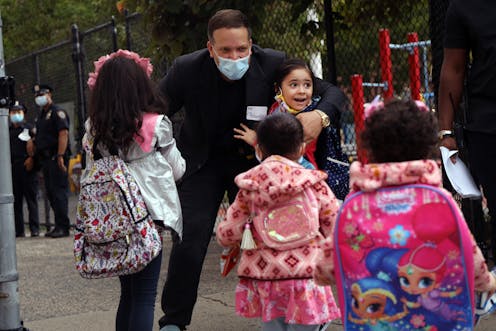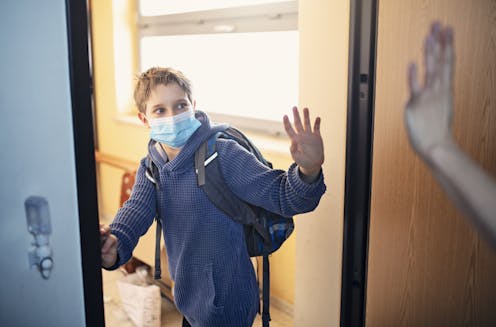India prepares for Kumbh Mela, world's largest religious gathering, amid COVID-19 fears
- Written by Tulasi Srinivas, Professor of Anthropology, Religion and Transnational Studies, Institute for Liberal Arts and Interdisciplinary Studies, Emerson College
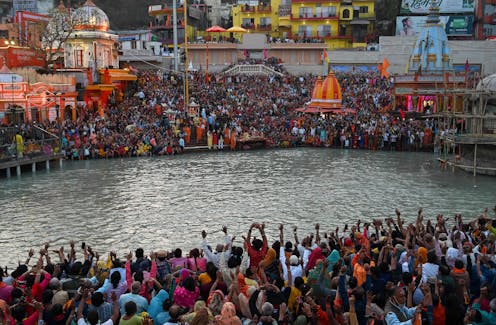 Hindu devotees attend evening prayers on the banks of the Ganges River during the religious Kumbh Mela festival in Haridwar, India.Prakash Singh/AFP via Getty Images
Hindu devotees attend evening prayers on the banks of the Ganges River during the religious Kumbh Mela festival in Haridwar, India.Prakash Singh/AFP via Getty ImagesMassive crowds are expected to gather at India’s northern city of Haridwar throughout April 2021 for the religious festival of Kumbh Mela, despite the country’s grappling...
Read more: India prepares for Kumbh Mela, world's largest religious gathering, amid COVID-19 fears


